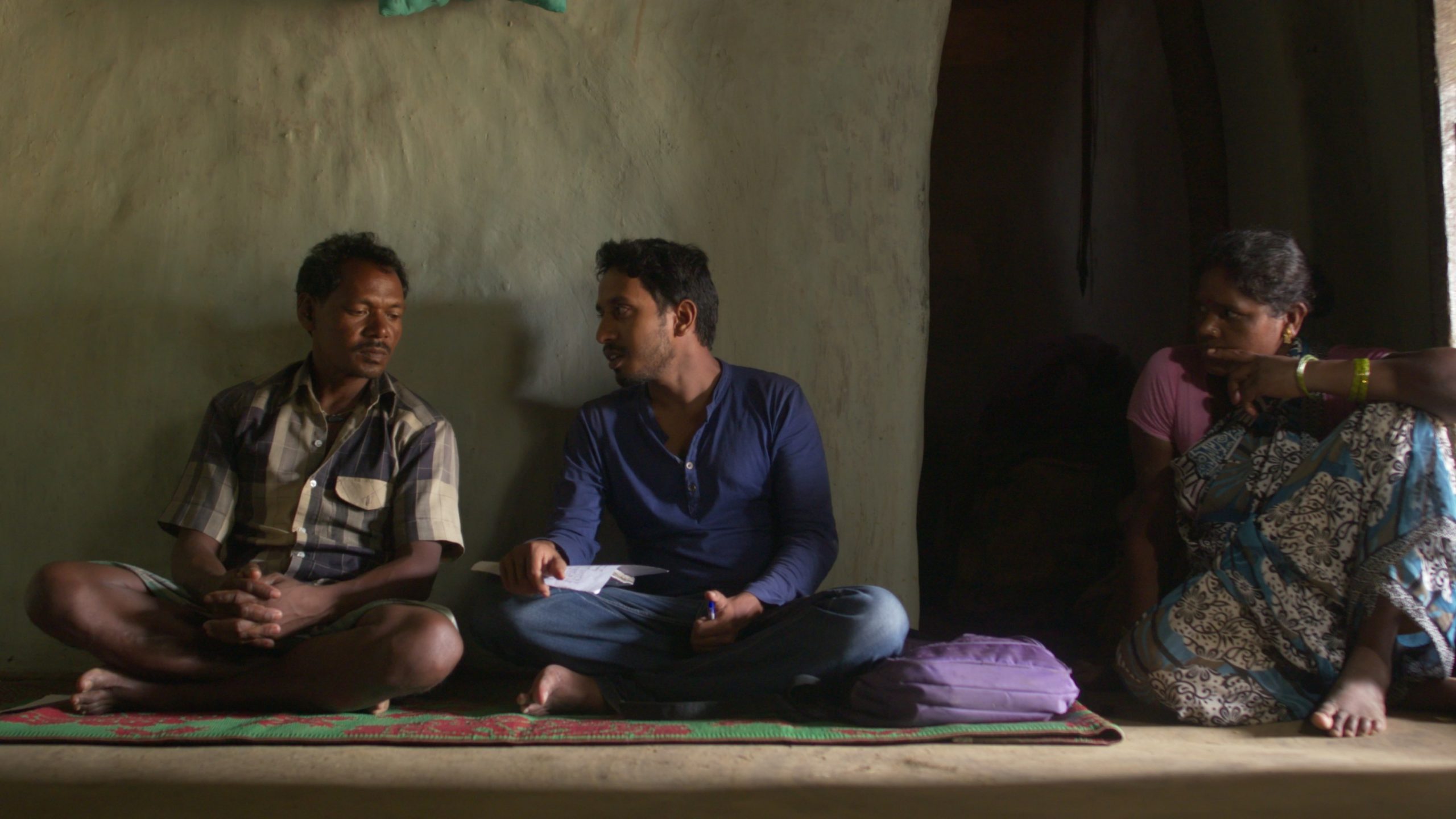
To Kill a Tiger
Courtesy of the NFB and Notice Pictures Inc., 2021

Nisha Pahuja, whose film To Kill a Tiger received a nomination in the best feature documentary category for the 2024 Oscars, says she learnt about the honor along with the rest of the world while watching the live announcement.
“I was in shock. I couldn’t believe it. I was over the moon. Yeah, I just couldn’t believe it,” Pahuja told The Hollywood Reporter on Tuesday morning about her emotional reaction. To Kill a Tiger follows Ranjit, a farmer in Jharkhand, India, who takes on the fight of his life when he demands justice for his 13-year-old daughter, Kiran, after she survived a sexual assault by three men in 2017.
Out of a father’s love for his daughter and his uphill battle for justice for her has come the Oscar nomination for Pahuja, who was born in New Delhi and raised in Toronto. But aside from her career milestone, the To Kill a Tiger director is more focused on the global platform her film has secured to secure impact for greater gender justice for survivors of rape and other sexual violence in India and the rest of the world.

To Kill a Tiger
Courtesy of the NFB and Notice Pictures Inc., 2021
“This whole journey and the determination to do this has been because this film needs a big platform, because it’s important. And it’s a tough subject, and I know this film has work to do in the world,” Pahuja insisted.
In India, where a rape is reported every 20 minutes and conviction rates are less than 30 percent, Ranjit’s decision to support his daughter, and his ultimate journey through that country’s courts, was unprecedented. And centering the story of Ranjit and his daughter Kiran has always been central to the film’s narrative and goals, because Pahuja adds that’s what the film’s audiences have responded to and embraced.
“Their story, their struggle, their commitment to justice, the fact that as a man, he (Ranjit) stood by his daughter, which is so rare. The film is about the underdog, a David vs. Goliath story, and it’s a film about love,” the director added. Pahuja also hopes to change attitudes to legal justice for survivors of rape and other sexual violence around the world, especially in the U.S. and the UK where the conviction rates for those accused of rape remains stubbornly low and below those of the courts in India.
“The things she (Kiran) faced and her family faced in terms of the justice system, the kind of prejudice and victim shaming that happens, those are felt by sexual violence survivors around the world,” Pahuja told THR. And she hopes the Oscar nomination for To Kill a Tiger will help end toxic masculinity by tackling patriarchal practices and attitudes.
“We’re not looking at the importance of men standing up for women. And that, to me, is the power of the film,” Pahuja said. Her previous work includes the doc The World Before Her. To Kill a Tiger is a Notice Pictures production and a co-production with the National Film Board of Canada.
On its way to an Oscar nomination, To Kill a Tiger won the prize for best Canadian film at the 2022 Toronto Film Festival and more recently the best doc award at the Palm Springs Film Festival. As for who Pahuja will take to the Academy Awards, there’s no uncertainty about that.
“I’ll take Ranjit and his daughter. That’s the reason we are where we are. It’s because of them,” the filmmaker declared. Pahuja hasn’t yet spoken to the main subjects of her film on Tuesday morning as the father and his daughter had yet to wake in India.

To Kill a Tiger
Courtesy of the NFB and Notice Pictures Inc., 2021
In the documentary, Kiran was still a child and a survivor of a gang rape. Today, she’s near 20 years of age. “And she’s in a much better place. And she’s really excited, really, really thrilled,” Pahuja said of Kiran, who attended earlier screenings of the doc in the U.K.
To Kill a Tiger got its theatrical release in Oct. 2023 at Film Forum in New York before expanding to major cities. On the road to possible Oscar glory, To Kill a Tiger has had some heavyweight promoters, including executive producers Dev Patel, Mindy Kaling, Rupi Kaur and Atul Gawande.
Other executive producers include Andy Cohen, Anita Lee, Andrew Dragoumis, Shivani Rawat, Anita Bhatia, Niraj Bhatia, Deepa Mehta, Samarth Sahni, S. Mona Sinha of Equality Now, Mala Gaonkar of the Surgo Foundation, Priya Doraswamy, Jason Loftus, Geeta Sondhi and Cornelia Principe.